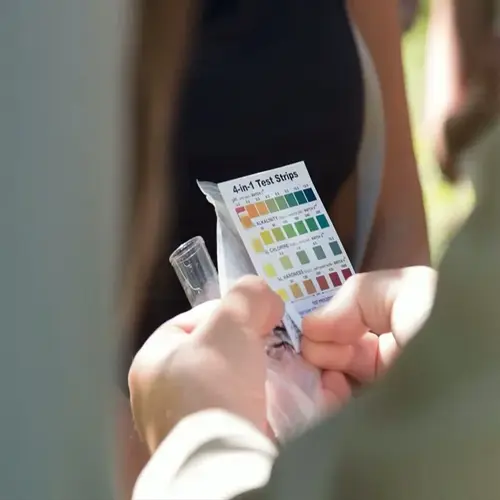Can nutritional supplements stop feather plucking?

Written by
David Smith
Reviewed by
Prof. David Walsh, Ph.D.Nutritional supplements rarely stop feather plucking alone, as the desire is typically more psychologically related to the underlying cause. Correcting deficiencies is good for the body, but a total approach is needed to fix them. Birds will often continue to pluck those who have perfect bloodwork. The supplements are intended to support health, but they do not address the underlying causes.
Deficiencies do contribute in certain limited situations. Calcium will harden the feathers of egg-producing hens. Omega-3 will also improve the skin condition in arid conditions. Vitamin A will assist in the welfare of the follicles. However, these things are directed toward symptoms rather than causes. The causes include behavioral stresses, such as those resulting from a lack of work or stimulation. Without changing the environment in any case, the trouble with using supplements becomes part of the solution, not a solution itself.
When Helpful
- Correcting diagnosed calcium deficiencies in laying hens
- Improving skin condition during seasonal dryness periods
- Supporting feather regrowth after medical treatment
- Boosting immunity during recovery phases
Critical Limitations
- Cannot reduce stress-induced plucking behaviors
- Ineffective against boredom-related feather destruction
- Risk of overdose causing liver/kidney damage
- No impact on social isolation triggers
An effective treatment plan combines a variety of strategies. Environmental factors can be modified to help eliminate potential stresses like loud noises. Behavioral modification includes scheduled play periods and the use of foraging toys. Advice from a veterinarian suggests that underlying medical reasons may be present. Supplemental products are used to fill in nutritional deficits in this approach. In my parrot patients, the methods that produced the most improvement were a combination of methods.
Risks arise with the excessive use of supplements. Fat-soluble vitamins are stored in the body until toxicity develops; mineral imbalances can lead to new disease conditions. Always consult with an avian veterinarian before starting supplements. Laboratory tests will determine the actual needs. More isn't better. Professional guidance can protect from harm.
Successful cases marry diet and enrichment. A macaw that plucked feathers stopped when omega-3 supplements were combined with daily training sessions. Another type of parrot improved through the use of calcium supplements and new puzzle toys. Supplements are best used to complement behavioral solutions, not to replace them. This balanced combination produces long-term results.
Read the full article: Understanding Bird Feather Plucking: Causes and Solutions

